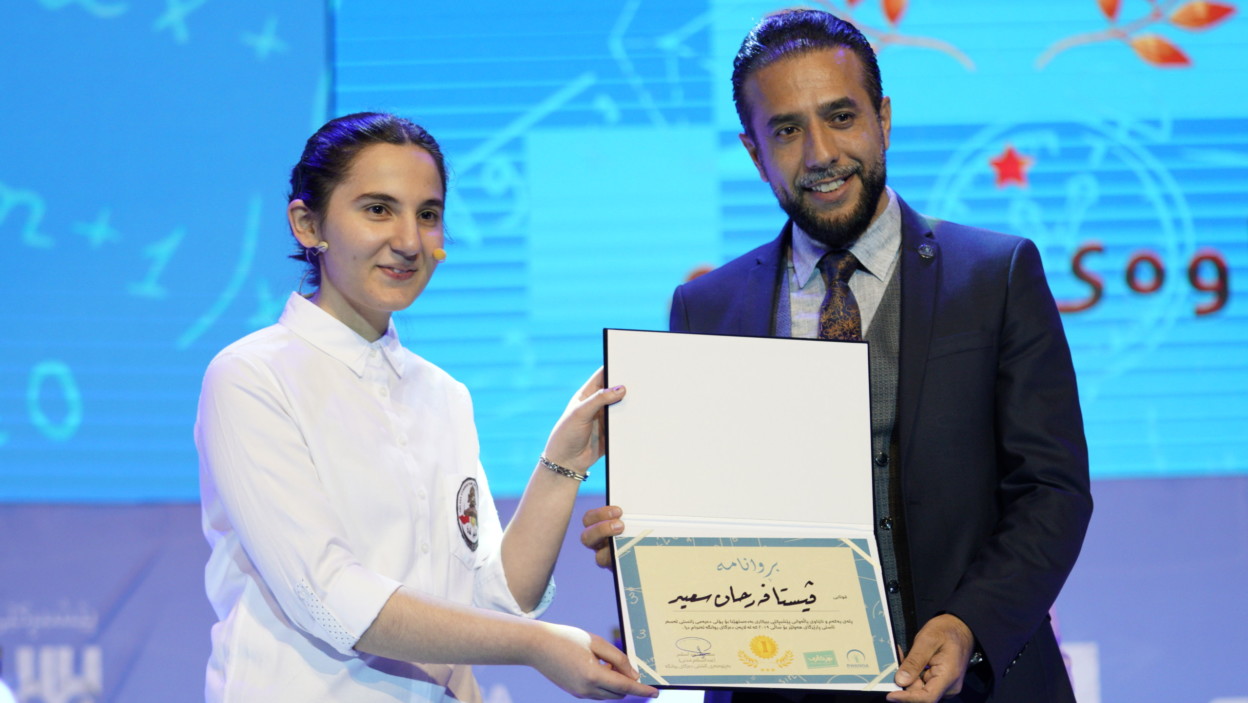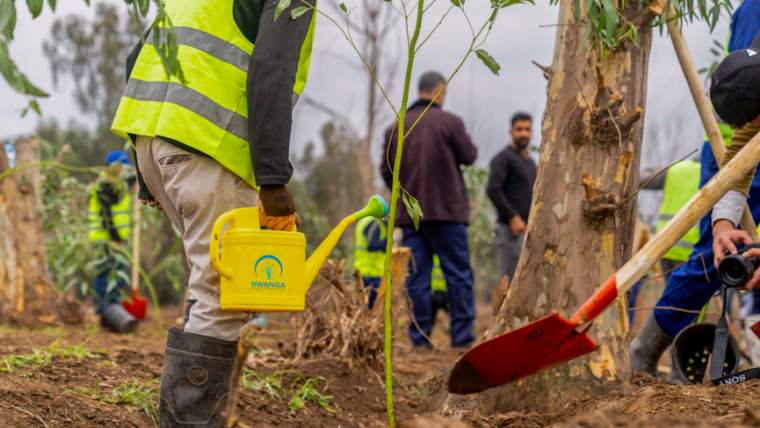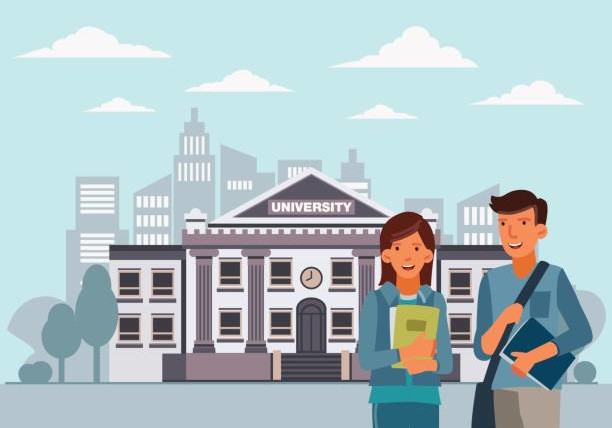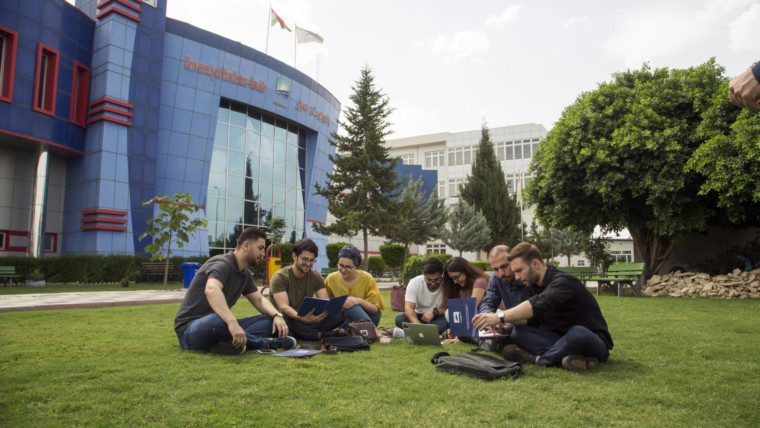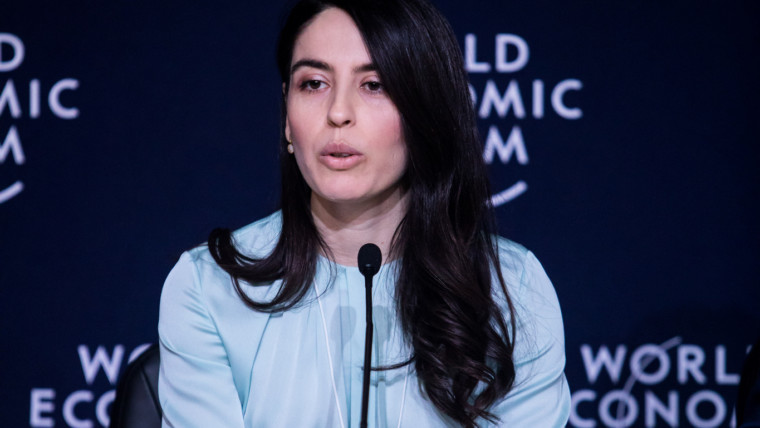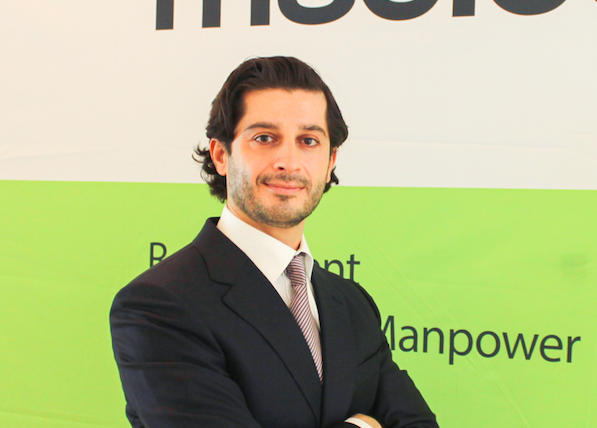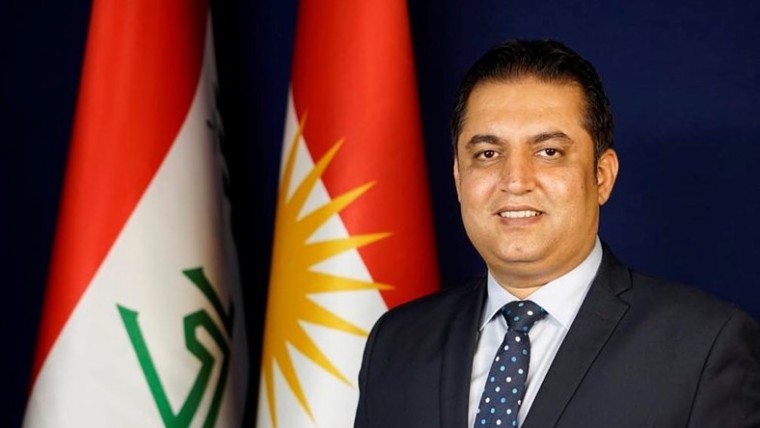The Rwanga Foundation officially launched its activities in the Kurdistan Region of Iraq (KRI) in 2013. Rwanga has implemented 203 projects with total of 2.5 million beneficiaries since 2013. AbdulSalam Medeni, Chief Executive Director of Rwanga Foundation, talks about the Foundation’s vision and activities.
What is the vision and strategic goal of the Rwanga Foundation?
We at Rwanga Foundation envisage a world where high-quality education is accessible to all. Our mission is to provide services, build capacities and design policies to ensure easy access to education for all and improve the overall educational standards in the Kurdistan Region of Iraq (KRI) and the greater global community.
Rwanga’s strategic goals are to develop platforms for youth to discover talents and fulfill their potential, introduce the latest technology, including e-learning system to the education process in order to meet advanced international standards, and create a culture and passion for learning in particular among youth.
Our mission is to provide services, build capacities and design policies to ensure easy access to education for all and improve the overall educational standards in the Kurdistan Region of Iraq (KRI) and the greater global community.
AbdulSalam Medeni, Chief Executive Director, Rwanga Foundation
What key projects did Rwanga finalize in 2019?
Overall, we have implemented 35 projects in total, with nearly half a million beneficiaries in 2019.
We have renovated 516 drinking water reservoirs, planted 500 seedlings and trees, and launched over 20 environmental awareness campaigns.
Nearly 100 schools have been renovated and provided with the necessary school equipment in 2019.
We printed 15,000 copies for grades 9 and 12 students, and also produced more than 50 video lessons of English, chemistry, physics, and mathematics for 12th grade students.
Through the Rwanga-Foras project, we have published 5,000 job vacancies, more than 800 people were employed during 2019.
We delivered 208 training courses and 80 capacity-building trainings for youth. About 100 vocational trainings, eight English-language and computer skills trainings, and 20 trainings for company employees have been conducted last year. Trainings were delivered to more than 3,420 people including 1,700 jobseekers, and 300 company employees and 1,520 youth.
Overall, we have implemented 35 projects in total, with nearly half a million beneficiaries in 2019.
AbdulSalam Medeni, Chief Executive Director, Rwanga Foundation
Which key projects are you currently working on?
Currently, we are carrying out several projects in providing livelihood supports, capacity-building, youth competition and raising awareness.
EU-MADAD
Funded by EU-MADAD, we implement the “Employment Creation Grant Scheme” project which aims to increase the self-reliance of Syrian refugees, vulnerable host communities and internally displaced people (IDPs). The project is to improve employability and generate jobs, mainly for youth and women.
Rwanga Annual Awards
Our Rwanga Awards project strives to discover talents, to strengthen confidence and to collect all types of artistic, literary, and scientific projects created and developed throughout the KRI.
Video Guide & Qutabkhana Application
The University Video Guide and Qutabkhana Application are the two projects under the education sector that we are currently carrying out. The projects provide educational support for students in terms of providing clear guidance in selecting a field of study at university, and also providing access to school lessons through a mobile application.
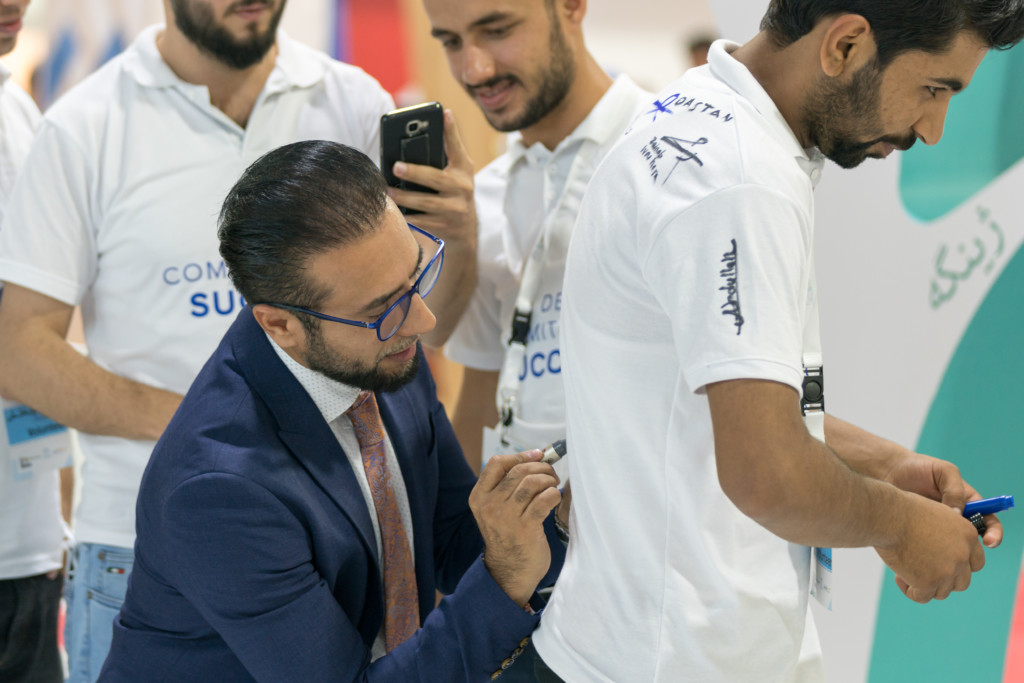
What will be the focus in 2020 and beyond?
Envisioning the sustainable development goal through developing capabilities, we have plans to conduct the following projects and activities during 2020:
Education
- Renovating schools, supporting schools with educational supplies
- Creating opportunities for students to participate in competitions, and supporting and rewarding the talented ones to further pursue their future dreams, such as Mathematic Competition Project and Rwanga Book Project
- Publishing educational programs and videos, mainly in relation to formal but also informal education, through social media and other communication channels
Youth
- Providing vocational training to unemployed youth and to connect young job seekers with job providers to bridge the gap in youth employment
- Providing platforms for youth to take part in events and competitions, whether face-to-face or online, to further develop their skills and motivate other youth to take the path to success
- Creating opportunities and supporting youth involvement in volunteering activities for public benefit
Environment
- Raising awareness on environmental protection, water conservancy, energy conservation and other environmental concerns through community meetings, social media channels, videos, TV programs, and campaigns
- Participating in activities related to keeping the environment clean in partnership with international and local NGOs as well as relevant government authorities and local communities;
Vulnerable Groups
- Supporting IDPs and refugees to make them economically independent and self-reliant
- Developing skills among vulnerable groups and supporting the establishment of small businesses, including home-based business projects
So far, more than 700,000 IDPs and 200,000 refugees have benefited from our activities and projects, especially in terms of educational, livelihood, and social supports.
AbdulSalam Medeni, Chief Executive Director, Rwanga Foundation
Could you also brief our readers on Rwanga’s projects on refugees and IDPs?
Refugees and IDPs have been among our target beneficiaries since 2013. So far, more than 700,000 IDPs and 200,000 refugees have benefited from our activities and projects, especially in terms of educational, livelihood, and social supports.
Rwanga Foundation has always tried to include refugees and IDPs at the top of its list of targeted beneficiaries among with host communities to provide the same support equally, and also to create links among the communities in order to build peace and social cohesion.
In all the vocational training courses and other capacity-building projects, our teams visit camps and encourage refugees and IDPs to participate in the training courses.
One of the outstanding projects that we have been implementing since July 2017 is “Support to Strengthen the Resilience & Self Dependence of IDPs,” funded by GIZ. The project is running six community centers in six IDP camps in Duhok governorate, and includes capacity-building, social, legal, and community-based activities and support among the project activities.

